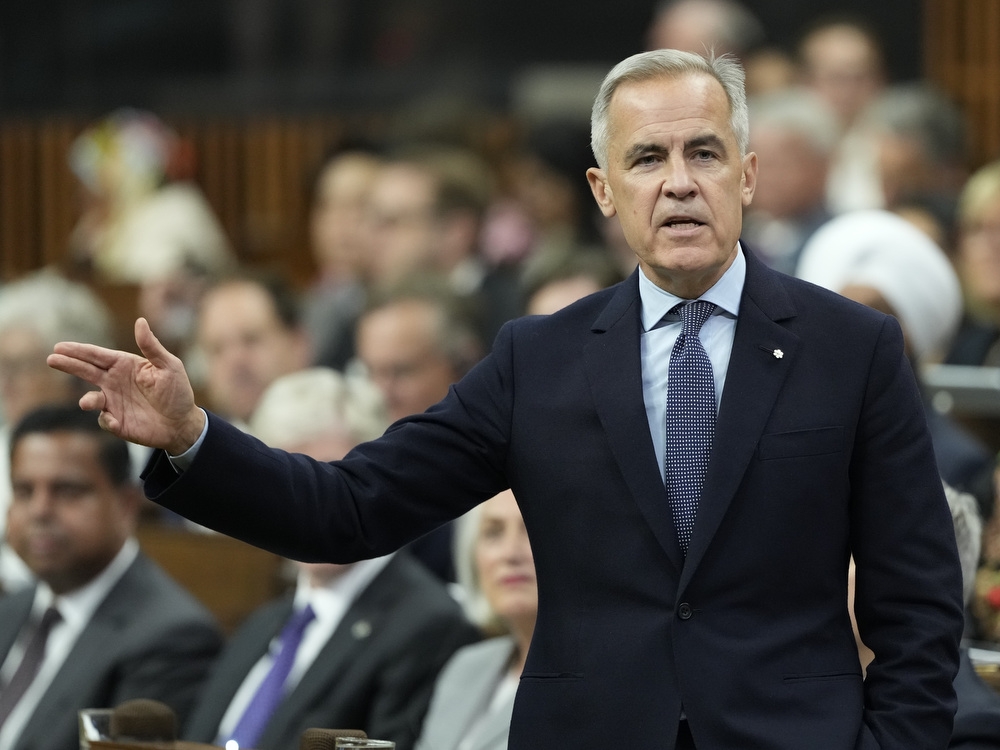A chilling milestone looms over the nation as the current government shutdown barrels toward becoming the longest in US history. The stalemate between Democrats and Republicans stretches into a new month, casting a long shadow of uncertainty over millions of American lives.
The immediate consequences are stark. Vital lifelines like food assistance for 42 million Americans are threatened, and healthcare subsidies are poised to expire, leaving families vulnerable. Crucially, no immediate negotiations are planned to break the deadlock, deepening the crisis.
President Trump remains resolute, declaring he “won’t be extorted” by Democrats seeking to extend Affordable Care Act subsidies. He insists on a government reopening as a prerequisite for any discussion, a position that hardens the lines and prolongs the suffering of those impacted.

Federal workers, including those responsible for air traffic control, face the grim reality of missed paychecks. This isn’t merely a financial hardship; it’s a direct threat to the functioning of essential services and the safety of the public. The weight of this disruption is immense.
Senate Democrats have repeatedly blocked attempts to reopen the government, demanding a commitment to negotiations first. This reciprocal blame game plays out while public opinion polls increasingly point to Republican responsibility for the impasse.
Trump dismisses the Democrats as having “lost their way,” predicting their eventual surrender. He frames their resistance as a political miscalculation, suggesting they will ultimately bear the consequences of their stance. His confidence appears unwavering, despite the growing national strain.

Adding another layer to the conflict, Trump is urging Republican leaders to dismantle the Senate filibuster. He believes eliminating the 60-vote threshold would allow his party to enact its agenda without obstruction. However, this proposal has consistently met resistance within his own party.
Senate Republicans have historically defended the filibuster as a crucial safeguard of the institution, preventing the unchecked power of any single party. They argue it protects minority rights and fosters compromise, principles seemingly lost in the current climate.
The shutdown, now entering its 33rd day, echoes a previous record set in 2019, also under Trump’s presidency, when funding for a US-Mexico border wall triggered a similar crisis. This pattern raises questions about the recurring nature of these governmental standoffs.
A government shutdown occurs when Congress fails to agree on a federal budget. This forces the closure of non-essential government services and places countless federal employees on unpaid leave, creating a ripple effect of economic and social disruption. The consequences are far-reaching and deeply felt.






